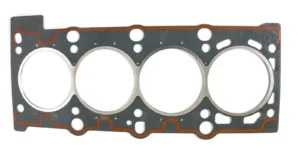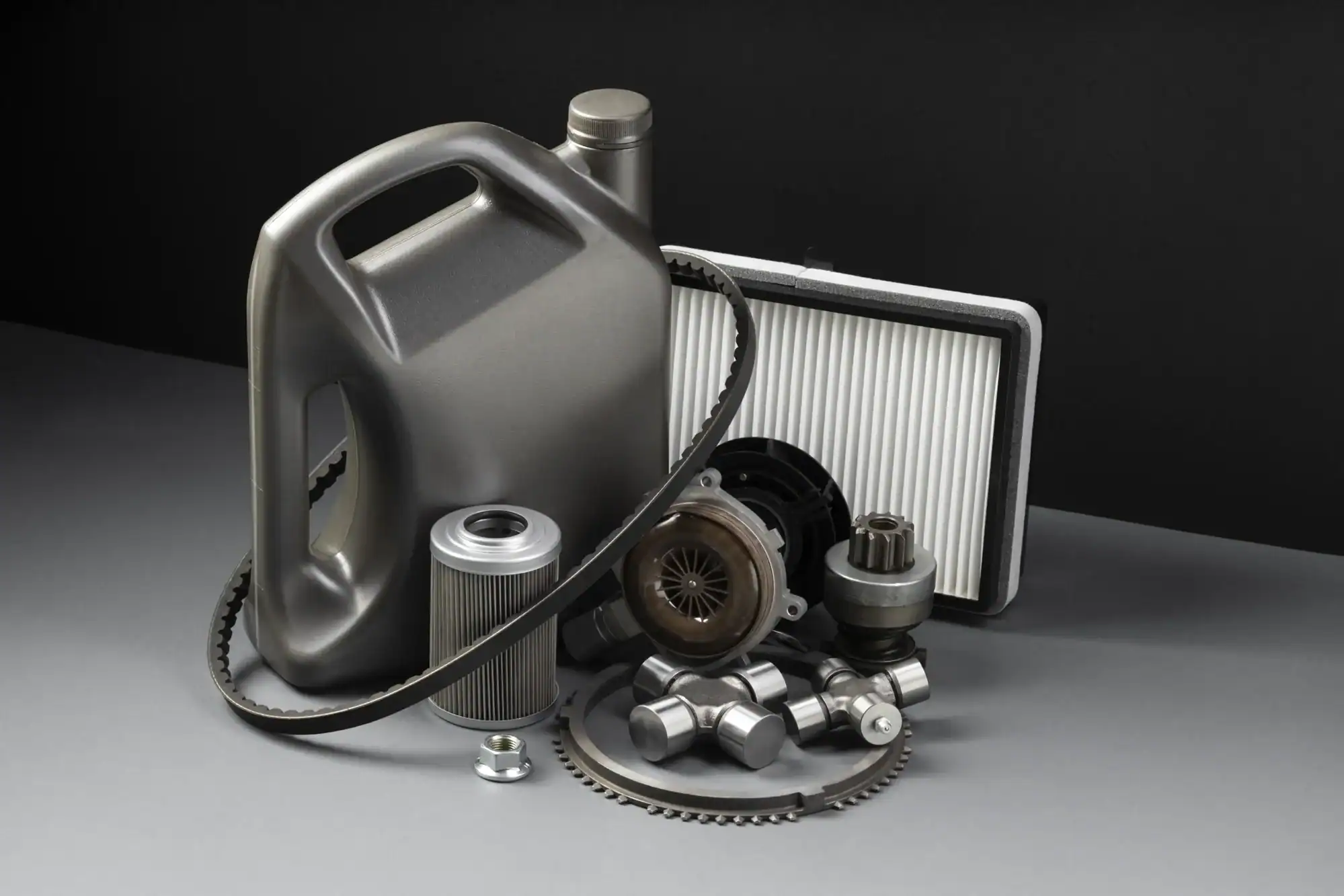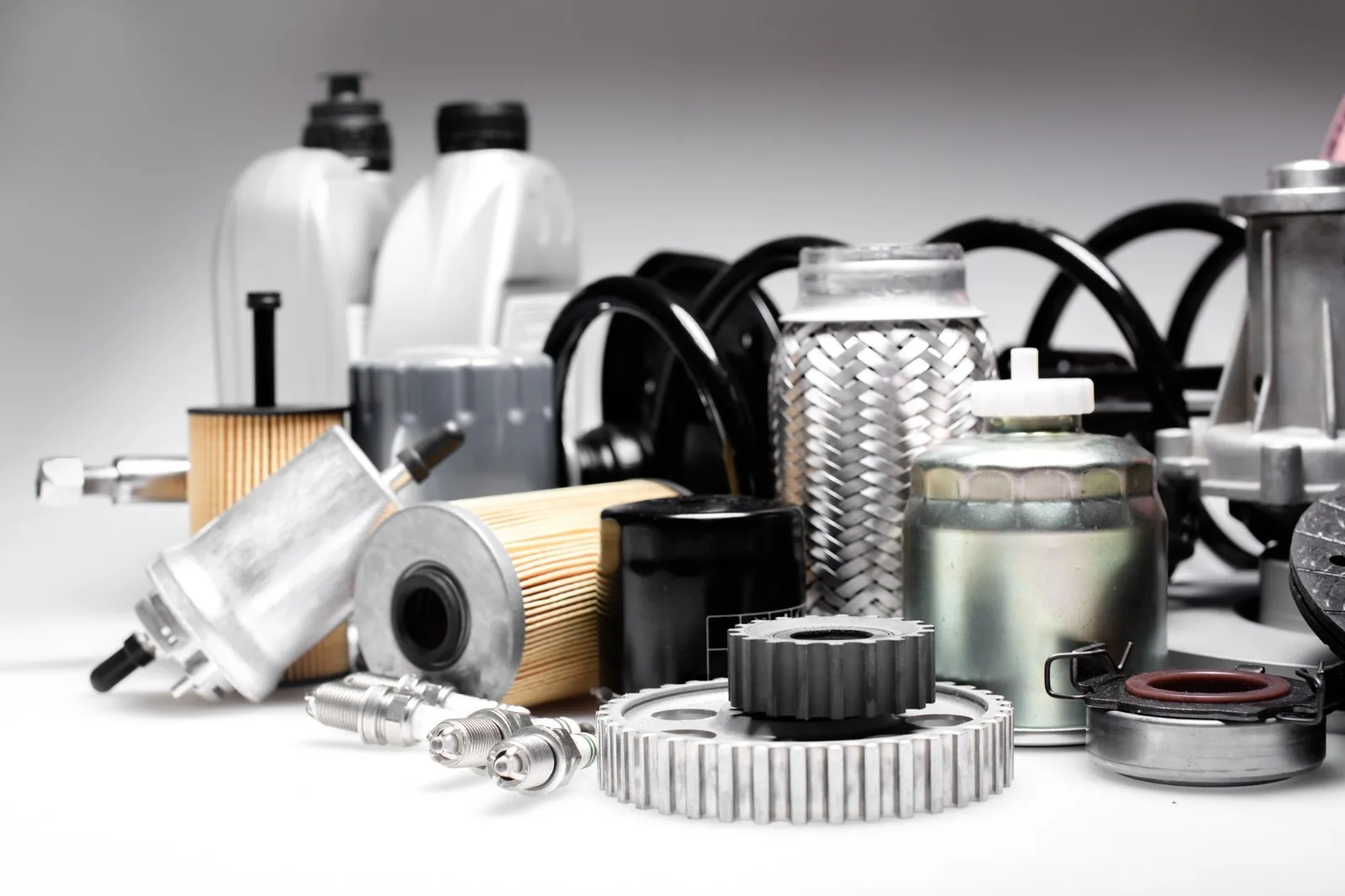If your car has been overheating lately, chances are it is not just a small issue you can ignore. Many drivers think it is just low coolant or maybe a faulty radiator cap, but sometimes the problem runs deeper. One of the most common hidden reasons is a failing head gasket.
At Populardxb, we speak to plenty of drivers who come in looking for replacement parts after their mechanic has confirmed gasket damage. And here’s the thing: an overheating engine is not just inconvenient. It can ruin the engine if left unchecked. Let’s walk through why overheating and gasket failure are connected, what symptoms to look for, and why the right replacement part makes all the difference.
What a Head Gasket Does
The head gasket sits between the engine block and the cylinder head. Think of it as the middleman keeping everything sealed in place. It keeps the combustion process sealed inside the cylinders, while also making sure coolant and oil flow where they should without mixing.
If the gasket is in good shape, your engine stays efficient and cool. But once it starts to fail, that seal is no longer tight. Suddenly coolant can leak into the cylinders, oil can become contaminated, and the engine struggles to regulate temperature. That is when overheating steps in as one of the first warning signs.
Why Overheating and Gasket Problems Go Hand in Hand
It works both ways. A weak gasket causes leaks that reduce how well the cooling system does its job. Less coolant means the engine runs hotter. At the same time, if your car has already been overheating because of another issue, the extra heat can warp engine parts and place huge pressure on the gasket. Over time, that stress can blow the gasket completely.
So in short, overheating can be both a cause and a symptom of gasket failure. That is why it is something worth paying attention to immediately.
Warning Signs That Point to a Failing Gasket
Not every hot engine means the gasket is done for, but there are certain clues that should raise a red flag. These are the ones mechanics usually check for:
- White smoke coming from the exhaust because coolant is burning along with fuel
- Oil that looks milky or frothy on the dipstick, a sign of coolant mixing in
- Constantly needing to top up the coolant tank
- Bubbles showing up in the radiator or coolant reservoir
- Loss of power, rough idling, or general poor performance
Spotting one or two of these alongside overheating is a pretty strong sign the gasket needs replacing.
Why Replacing a Faulty Gasket Matters
Here is the tough truth: you cannot drive around for long with a blown gasket. Every trip with an overheating engine risks bigger issues, from warped cylinder heads to complete engine failure. That is why mechanics often recommend replacing the gasket quickly once the problem is confirmed.
And while some drivers head straight to the dealership for parts, that option can get expensive fast. This is where quality aftermarket parts come in. A well-made aftermarket gasket can deliver the same reliability as an OEM part but at a much better price.
Choosing the Right Aftermarket Gasket

When it comes to head gaskets, quality is everything. A cheap or badly made gasket may not seal properly, and the last thing you want is to go through the same headache twice.
At Populardxb, we focus on stocking aftermarket gaskets that match OEM standards in both fit and durability. Here are a few things to keep in mind when you are choosing a replacement:
- Always check that the gasket is designed for your exact make and model
- Go with trusted aftermarket brands that are known for engine components
- Replace related parts like seals and bolts if needed, since reusing old ones can cause leaks
By picking the right aftermarket option, you fix the issue without paying dealership prices and still protect your engine from further damage.
How to Avoid Future Gasket Trouble
Even after replacing a gasket, good maintenance helps prevent the same problem from happening again. Here are some habits worth keeping:
- Check coolant levels often and make sure you are using the correct type
- Stick to regular oil changes, since clean oil helps protect seals
- Watch your temperature gauge while driving, especially in hot weather
- Have the cooling system inspected from time to time, since hoses and pumps also play a big role
These small steps keep your engine healthier and extend the life of the new gasket.
Final Thoughts
Overheating is one of those problems you cannot afford to ignore. While it could be something simple like low coolant, it might also be pointing to a failing head gasket. Replacing the gasket quickly prevents bigger damage and gives your car a fresh start.
At Populardxb, we understand how stressful engine issues can be, which is why we provide a wide selection of reliable aftermarket gaskets and engine parts for different makes and models. If your mechanic has advised a replacement, check out our range and find the right fit for your car. With the right part, you can get back on the road knowing your engine is protected.




